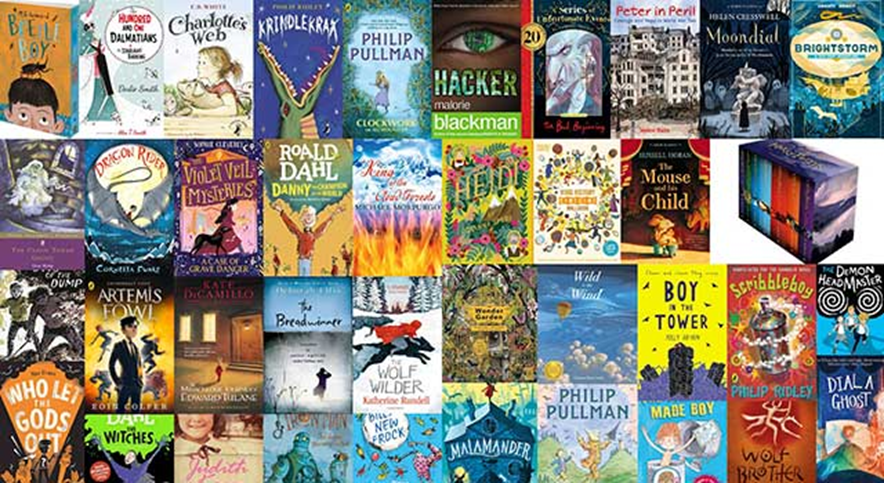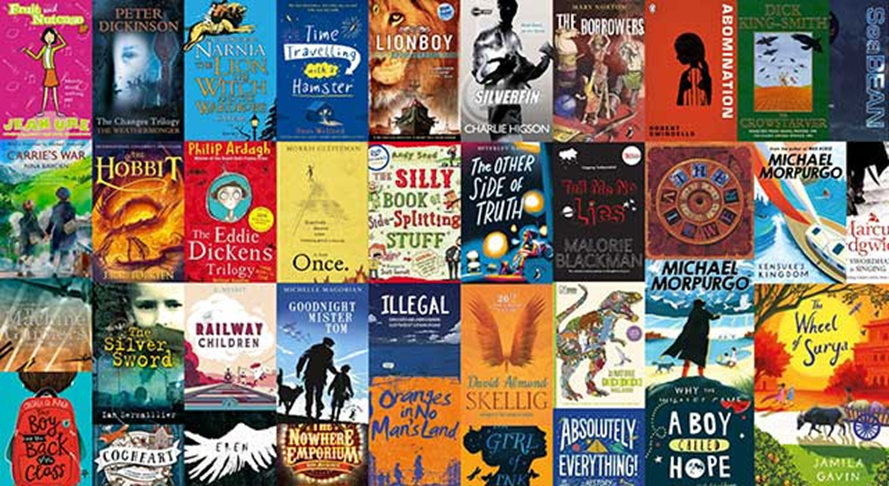Reading is at the Heart of Our Curriculum
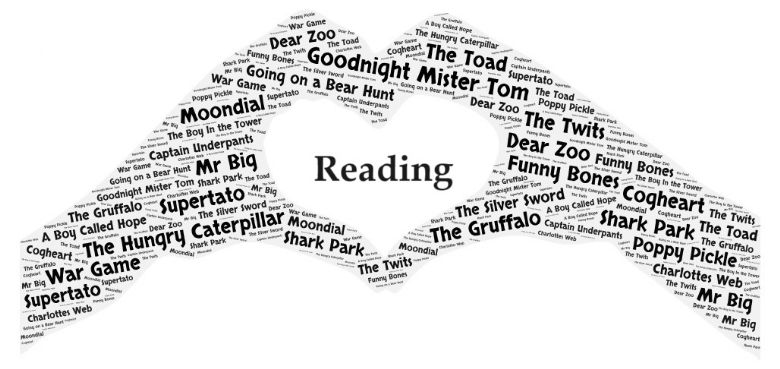
The Importance of Reading
Of all the academic skills that we develop, reading is arguably the most important as it supports almost every other area of knowledge that we cover. Perhaps more importantly, reading is the one area of the curriculum where parents play a crucial role within this development through supporting the school through home reading.
There is considerable evidence to suggest that between the age of 4 and 9, the frequent practice of this skill is critical in a child's brain development to ensure that they develop a lifelong reading fluency. It is for this reason that the school places so much emphasis upon this aspect of home/school learning with our aim of trying to ensure all of our pupils try to become 'free-readers' before they leave Year 3 and enter Year 4.
At North Wootton Academy we choose high quality children’s literature to not only help them to develop their skills as a reader, but also a passion and desire to read. We have set out a list of books that children will engage with as they move through the topics in each year group at our school.
Books have been very carefully selected to ensure a broad range of subject matter, styles and levels of challenge. As children progress through school they will get the chance to study and enjoy books from both contemporary and classic authors. Teachers will also share books from a range of other popular authors during story time.
Recommended Reading Lists
Here are some ideas for high quality reading books for children in different year groups throughout school. These are only intended as a guide. If your child is not yet able to read at the level for their year group, it is perfectly fine for them to read books from lists for children in younger years. If you would like further information about the types of books that we recommend, please speak to your child’s class teacher for advice.
The School Reading List publish curated and comprehensive children’s book lists.
Click on the links in each section below for further information.
EYFS Reading
Initial Reading: Reception into Year 1
The development of reading will be one of the first formal types of education that your child receives when they enter the school. Initially, the skills of word recognition will be firmly based in the teaching of Phonics wherein the weekly exposure to unit of sounds (phonemes) will be supported by short paper books that include these. Therefore, from the very first few weeks of school, your teacher will send short texts home so that the children can practise using this new knowledge to decode the words in front of them. This is when we first introduce a Home/School Reading record in order to track and reward our pupils for their efforts in reading.
However, beyond the text that we send home, the importance of reading to your child on a nightly basis and exposing them to texts cannot be stressed enough. For this reason, our young pupils also attend the school library on a weekly basis to ensure there is a constant source of new texts.
100 books for under 5’s
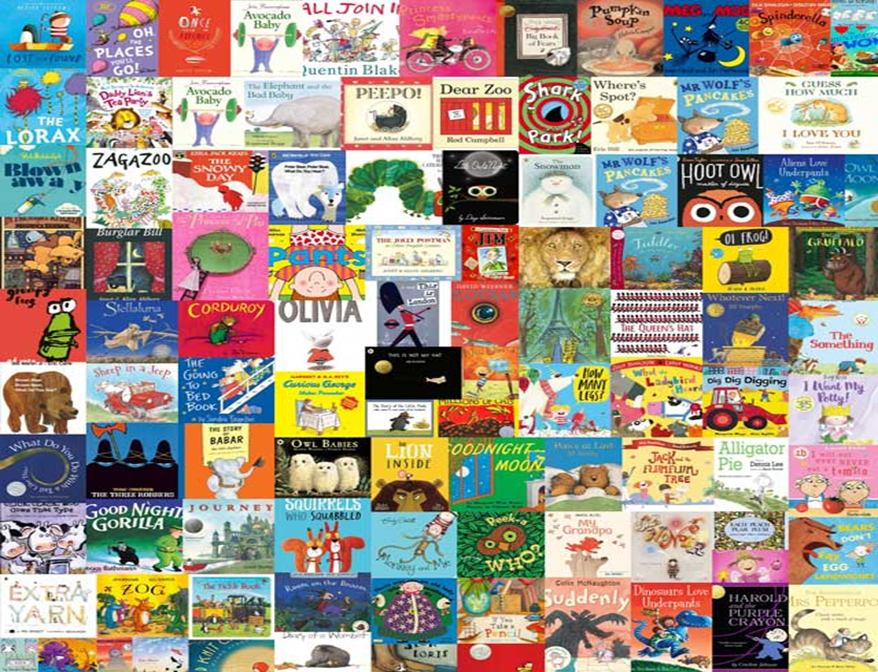
Recommended reading list books for Reception children aged 4-5
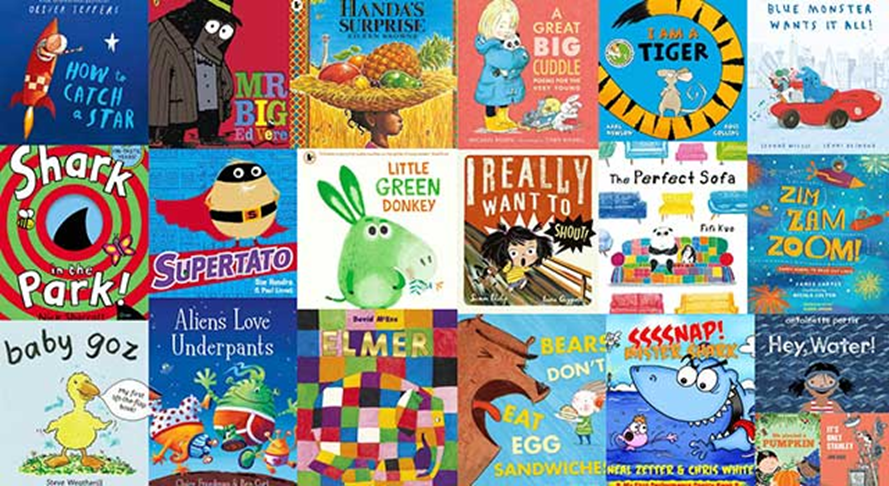
KS1 Reading
Early Reading: Year 1 - Year 2
Phonics continues to underpin much of the reading books that are sent home. However, rather than linked directly to the sounds taught each week, gradually the pupils begin to spread along the school book bands based upon individual ability. It is at this point where the pupil's exact reading level is more formally tracked as we try to ensure that we constantly send home texts at a level that is just challenging enough to develop their fluency further. The use of the Reading Record becomes even more essential as we rely heavily on parental support on ensuring the pupils complete daily reading and drive this development.
Year 1 recommended reading list for children aged 5-6
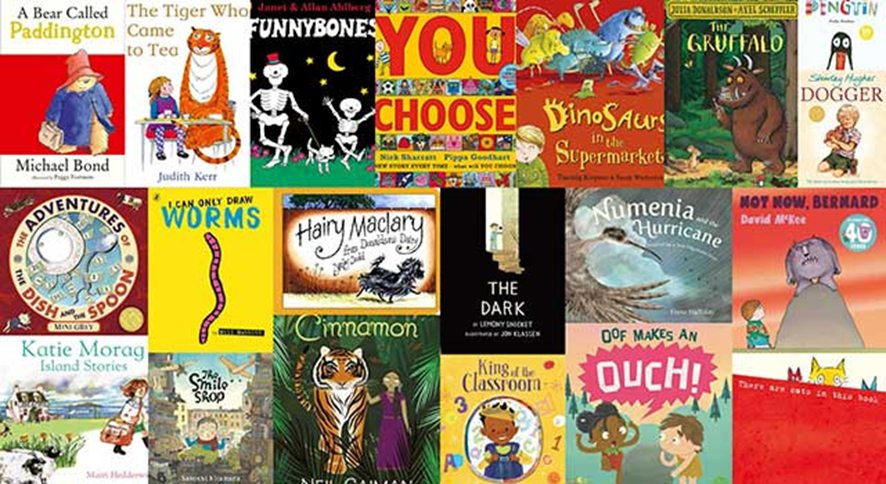
Recommended reading list books for Year 2 children aged 6-7
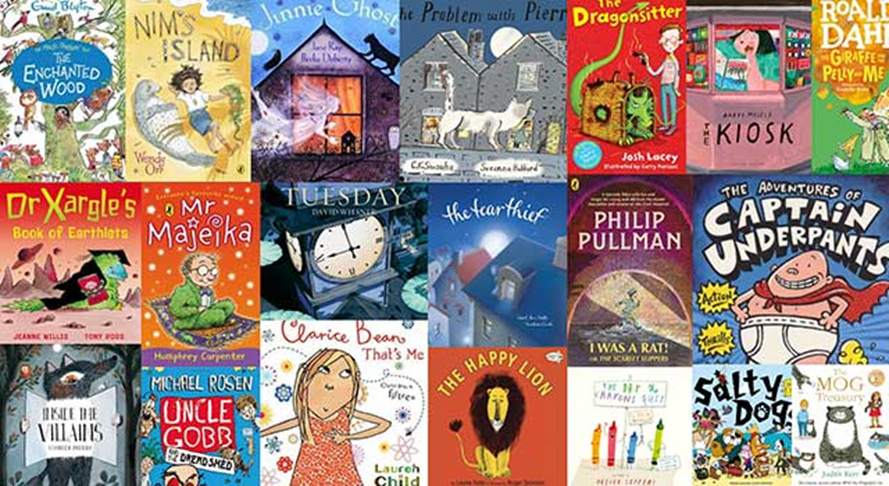
Lower KS 2 Reading
Developing Free-Readers: Year 3 - 6
The school aims to ensure as many pupils as possible are 'free-reading' once they reach Year 3. Rather than focusing solely on the levelling of a text, the teacher focuses more upon developing a width of reading. Therefore, instead of sending home texts at an individual level, the pupils are grouped and a shared text is sent home with a set number of pages to be completed each week. Again, the Reading Record is a key element of this but the responsibility begins to switch from the adult recording notes about the reading, to the child recording this themselves - hence the term 'free-reader'.
Recommended reading list books for Year 3 children aged 7-8
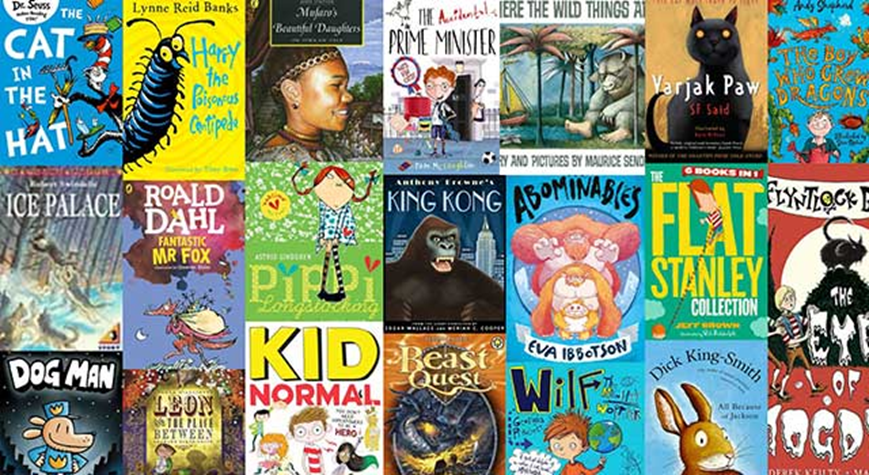
Recommended reading list books for Year 4 pupils aged 8-9
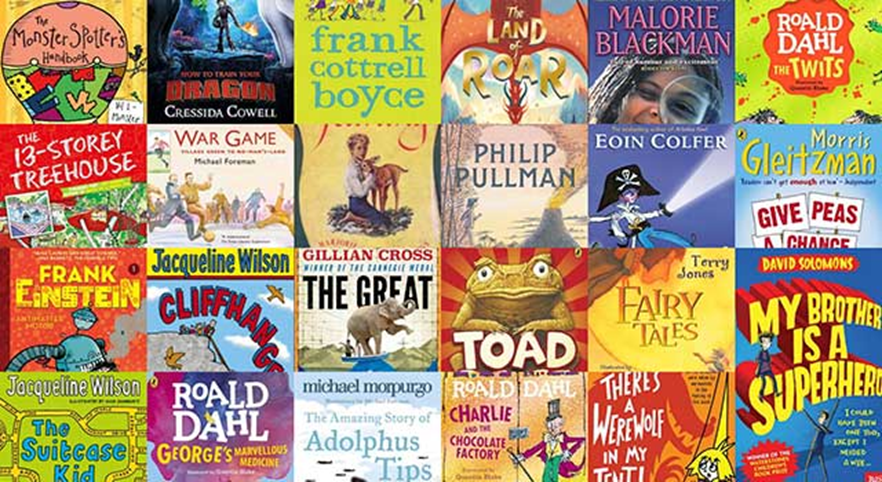
Upper KS2 Reading

